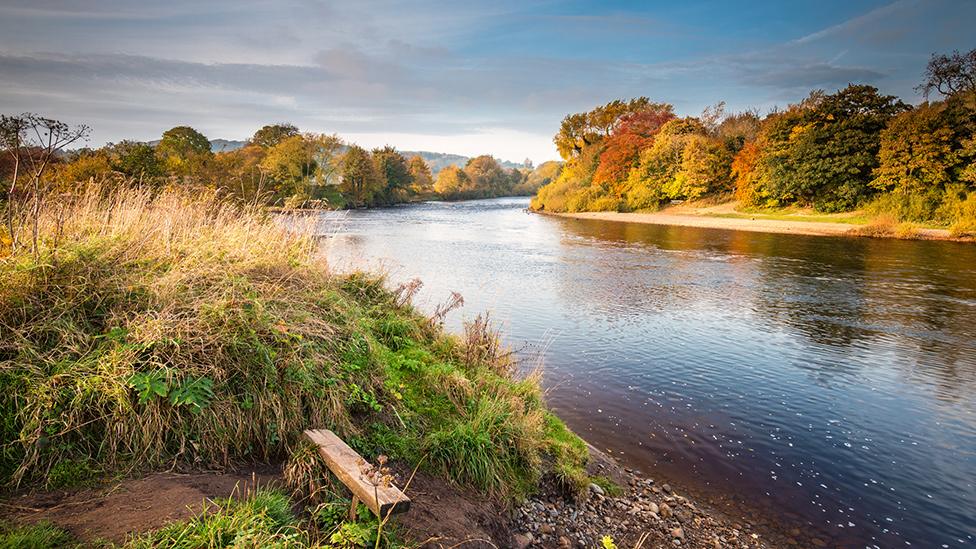Somerset to build hundreds of homes under phosphate plan
- Published
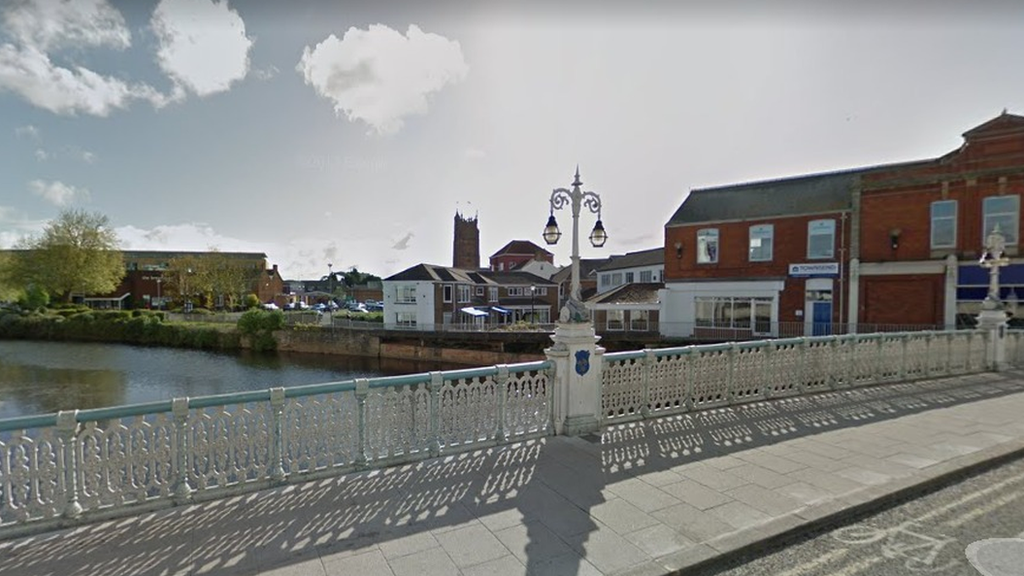
The River Tone seen from the bridge in Taunton
Hundreds of homes will be built across Somerset following the introduction of a new phosphates credit system.
Somerset West and Taunton Council has announced a system allowing developers to purchase credits to build houses.
It will allow for the construction of 700 homes in the River Tone catchment area, while offsetting the levels of phosphate in the Somerset Moors.
The announcement comes after the Dutch N court delayed the construction of 18,000 new homes in Somerset in 2020.
The ruling banned the increase of phosphates to build houses, due to the "fragile state" of the Somerset Levels and Moors.
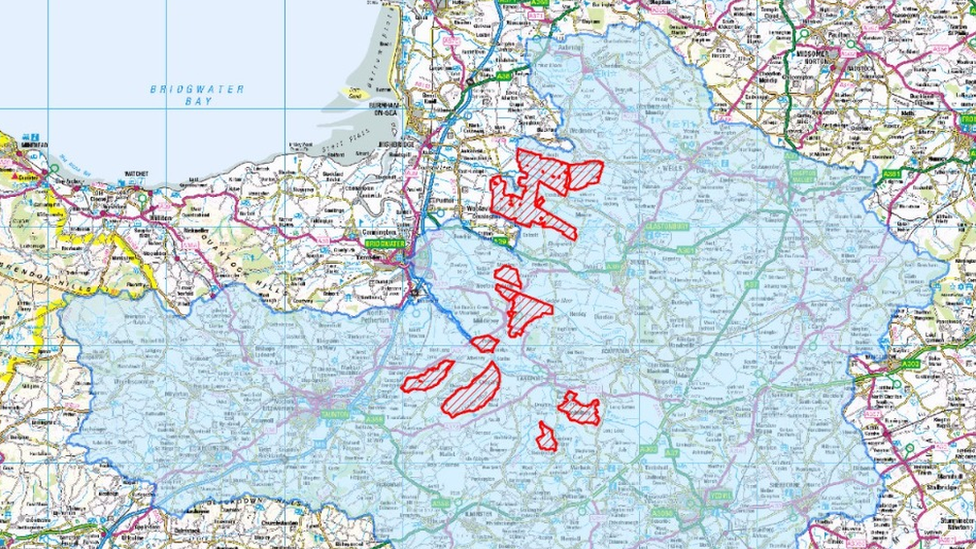
The Somerset Levels and Moors Ramsar site (Red) and the affected catchment areas in Somerset (Blue)
Details of the scheme were announced at a meeting of the council's phosphates planning sub-committee in Taunton on 21 July, The Local Democracy Reporting Service said.
Phosphate credits are created by measures taken by the council to offset the impact of existing housing.
It can be done by reconstructing its council houses to reduce waste water, creating new wetlands, or asking developers to set aside fallow land near new housing.
Each credit equates to one kilogram of phosphates being removed in a year.
Typical £5k cost
Somerset's four district councils have been working with Defra and Natural England to find a solution to the phosphate problem.
So far, the council has generated about 65 credits at a cost of £3.5m.
To unlock some of the new homes being held up, developers will purchase credits from the council, at a rough cost of about £54,220 per credit.
Paul Browning, the council's principal planning officer, said in his written report: "Based on the known phosphate requirements of planning applications currently held in abeyance, the typical cost per home is likely to be in the region of at least £5,500."

Follow BBC West on Facebook, external, Twitter, external and Instagram, external. Send your story ideas to: bristol@bbc.co.uk , external
- Published26 July 2022
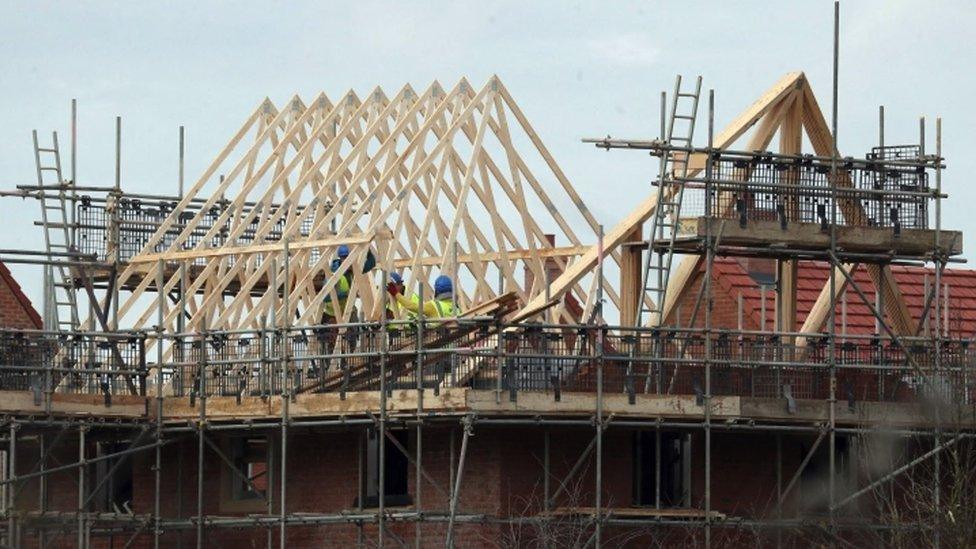
- Published12 October 2020
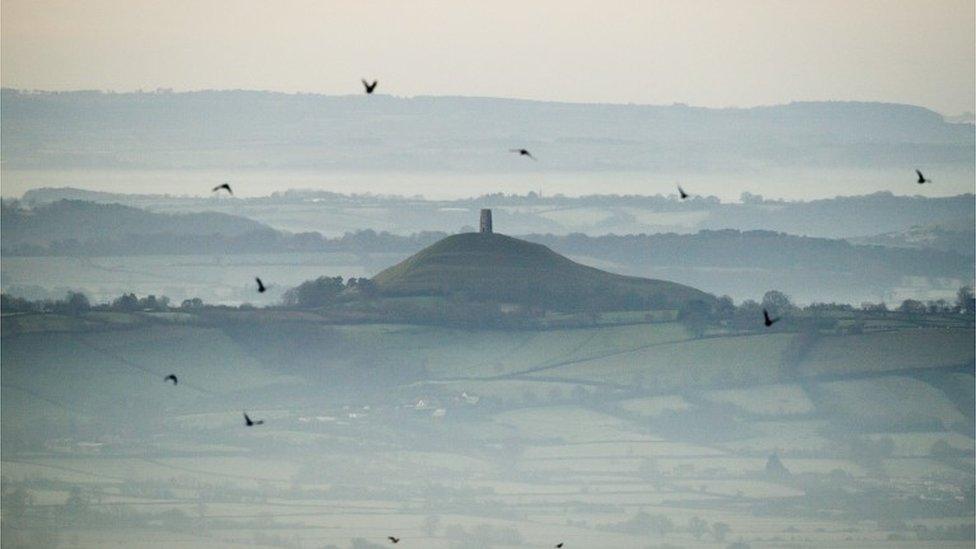
- Published17 September 2020
